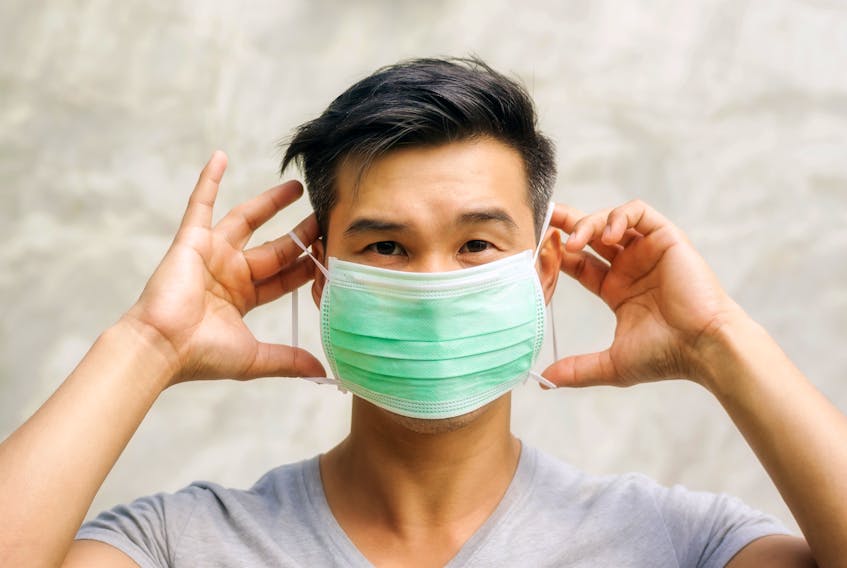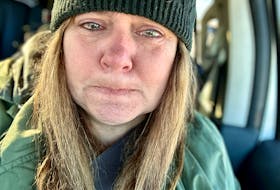You can be excused if you’re confused about whether you should wear a mask on the rare occasion you’re forced to go out in public in these days of social isolation.
The government has changed its advice to the public on this question and that’s because health officials have adjusted as they learn more about how COVID-19 is spread.
There is evidence that asymptomatic carriers of the virus can transmit the disease. That means that you can be infected without feeling sick. Then without knowing, you might be contagious and infect others.
And so on Tuesday, Ottawa’s chief medical health officer Dr. Theresa Tam talked to reporters about when and why wearing a mask makes sense.
Tam said she would wear a mask if she were forced to go out in public and could not maintain social distancing, perhaps on public transit or while grocery shopping.
The idea is not necessarily to protect yourself, but to reduce the chance of transmitting the virus to others.
Tam also said that there is a worldwide shortage of medical masks, so they should be kept for health workers to use. So that means the rest of us should use non-medical masks or homemade alternatives if we feel the need.
‘’Wearing a non-medical mask or a facial covering can be an additional layer to protect and not infect others, even if you are not symptomatic,” Tam said.
Health Canada warns that homemade masks have limitations: they aren’t designed to seal around your mouth; they may not prevent passage of virus-size particles; they might be hard to breathe through and they could require constant fiddling, increasing contact between your hands and your mouth.
And we shouldn’t be touching our faces, hard as that is to manage.
They also warn that a homemade mask might give the wearer a false sense of security. They don’t replace the need for social distancing, frequent hand washing and disinfection of contact surfaces.
Health Canada does suggest, however, that if you have symptoms, masks can help stop the tiny droplets spread when you cough or sneeze. The World Health Organization says it is still studying the issue.
It might be alarming to see people around you wearing masks, but they were common throughout Asia, for instance, even before the pandemic. In many circumstances it’s considered the polite thing to do, a sign of consideration for your fellow citizen.
The best medical advice, whether or not you wear a mask in public, is the familiar refrain: stay at home unless absolutely necessary, keep your distance outside the home and wash those hands.









